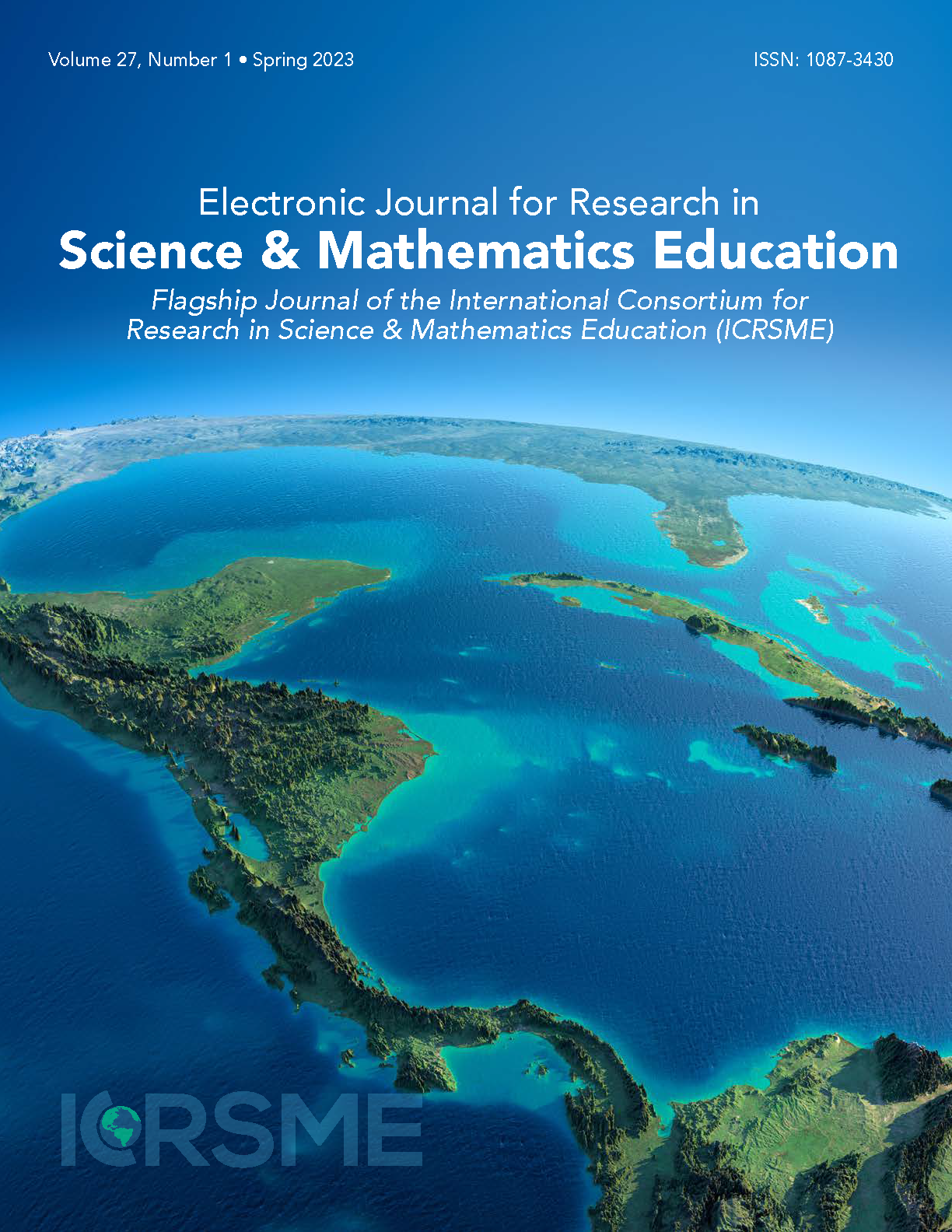“Simply a Matter of Numbers” Public Commentators’ Construction of a Mathematical Model of Equality Perpetuating the Myth of Mathematics as Objective and Neutral
Main Article Content
Abstract
Within the larger narrative of mathematics as the key to both individuals' and society's economic prosperity (Jones, 2022; Shah, 2019), lies the commonly held perception that mathematics is an emotionless and objective subject (Goldin & DeBellis, 2006; Taylor, 1996). In the public political sphere, quantitative measures have long been used to provide a mirage of logic and objectivity to arguments, and end conversations because one can only argue numbers with other numbers (see e.g., Ewing, 2018, Mudry, 2009). Additionally, the use of mathematics in political spaces cloaks the individual in a guise of neutrality because the numbers suggest a nonpartisan perspective of phenomena. These myths of mathematics as objective and neutral (i.e., acultural, ahistorical) are weaponized to divert responsibility such that the perpetuation of injustice goes unremedied and irremediable (see e.g., Bonilla-Silva, 2010). In this paper, we use a critical race spatial perspective (Morrison et al. 2017; Solórzano & Vélez, 2016; Vélez & Solórzano, 2017) to demonstrate how the myth of mathematics as objective and neutral provides opportunities to use those narratives to maintain and perpetuate white supremacy. We reveal this by focusing on the discourse of public comments given during a series of school board meetings on the redrawing of Wilhelm elementary school’s attendance zone (all names are pseudonyms). Through the public comments, mathematics was evoked by those advocating for the proposed attendance zone to move 311 students, the majority of which are South Asian and Latinx, as a way to position themselves as neutral. Understanding how mathematics is used in public spheres, particularly in local political spaces like school board meetings, can provide insight into how racism is present in these conversations, yet not explicitly discussed.
Article Details
© 2025 Electronic Journal for Research in Science & Mathematics Education (EJRSME)
